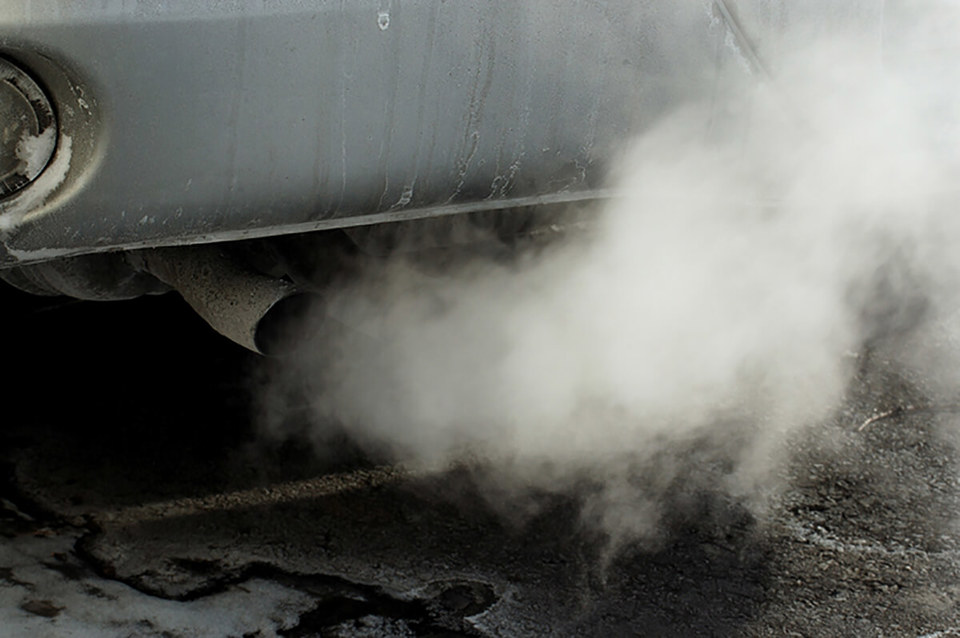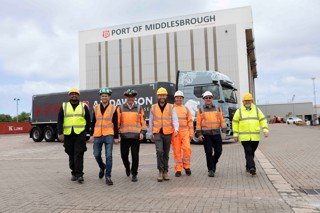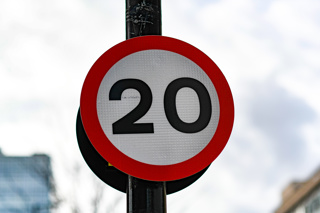Brake is urging the government to make sure there are no delays to the implementation of new ‘real world’ car emissions (RDE) tests scheduled for introduction in 2017.
The call follows a DfT investigation which saw 37 cars tested, and found levels of pollution were much higher on the road that they are in the laboratory. Not a single model met the EU lab NOx limit in real-world testing. The average emissions were five times higher than they should be and some cars’ NOx levels were 12 times higher.
During the tests, no other car manufacturer was found to be using any device that cheats the emissions tests, as was the case for Volkswagen.Although this week, it emerged that Mitsubishi Motors incorrectly measured fuel efficiency data across a range of its models.
The tests revealed that most vehicles perform very differently in laboratory testing than they do in real life on-the-road driving conditions. This is because of the widespread use of “engine management systems” which kick in to prevent engine damage in certain circumstances, but can lead to much higher emissions in real world temperature conditions than the cooler temperatures in the approved lab test.
Gary Rae, campaigns director for Brake, the road safety charity, said: “We’re backing the introduction of these tests. I want the government to ensure that testing is rigorously enforced and tough action taken when vehicles do not make the grade.
“If car manufacturers are serious about protecting the environment they must cut the poison currently being pumped out of their vehicles. The World Health Organisation describes air pollution as a public health emergency and estimates that one in eight worldwide deaths (seven million premature deaths a year) are due to air pollution, with transport being a major contributory factor. Consumers are fast losing confidence with car manufacturers. Many drivers believe they have been cheated into buying diesel vehicles.”



















Sage & Onion - 25/04/2016 12:55
"Consumers are fast losing confidence with car manufacturers. Many drivers believe they have been cheated into buying diesel vehicles." The average consumer wants cheap motoring. With escalating fuel prices in recent years that meant getting more mpg out of a car. That meant diesel was a sensible option. Couple that to road tax being Co2 based and its another reason why the consumer would opt for diesel. So to blame manufacturers for cheating consumers into buying diesel is unfair when in fact much of the drive towards diesel has been led by the government and their fuel duty policy and basing vehicle tax (both road tax and BIK tax) on co2 emissions. It's well documented that real-world fuel efficiency and emissions performance is far below the lab tests so if any consumer has been blinkered and based their buying decision on the lab test performance then fair enough, they may feel cheated, but nowadays people have to commute longer distances to work so getting as many miles to their pound spent on fuel was probably the deciding factor. I bet not many consumers stopped to ask what the NOx level was when choosing between cars.